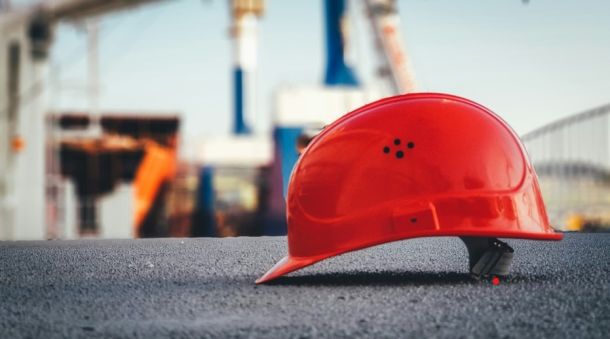Oct 3, 2024
eNews
Hurricane Helene could cost up to $34B
Hurricane Helene, a Category 4 storm that tore through the Southeast of the United States last week, has left more than 160 people dead and is estimated to cost the country as much as $34 billion, according to Moody’s Analytics.








